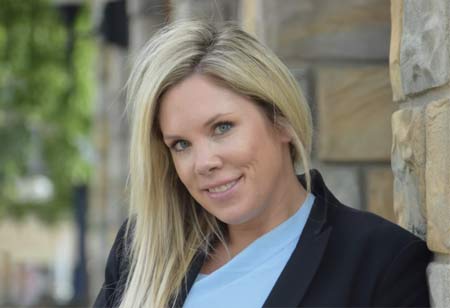

Thank you for Subscribing to Gov Business Review Weekly Brief

Anyone reading this publication has a good understanding of how government relations professionals do their jobs. From behindthe-scenes relationship-building to public advocacy or the use of earned media and grassroots campaigns to generate support, it’s a non-stop grind; sometimes frustrating, often rewarding, and never dull.
Now, consider all the above items, put them in the proverbial blender, and add in a new ingredient: due to arcane laws, what your client or employer does is technically considered illegal by the federal government. The reality is that the cannabis space is not precisely ‘illegal,’ but under the current complex mix of laws, selling cannabis is against federal law, despite a majority of U.S. States having created some sort of cannabis reform. Each of the 50 states has varying laws – from complete bans to a nearcomplete laissez-faire approach – and if you represent a multi-state operator, as I do, it is essential to know the nuances of each state and how each of them interface with federal laws. It’s tricky. As I write this, approximately half of adult Americans live in a state where cannabis products are allowed for medical or adult use. To put a fine point on how nuanced working in this space can be, one only needs to notice how I choose not to label cannabis consumption in those states as ‘legal.’ Why not? That word has a specific meaning, and each resident of those states is also subject to federal law. So, while they are ‘allowed’ or ‘permitted’ to purchase and consume cannabis products, doing so remains illegal under federal law.As the nation continues to steadily move forward to full ‘legalization,’ the truth is that we are not quite there yet.
I agree We use cookies on this website to enhance your user experience. By clicking any link on this page you are giving your consent for us to set cookies. More info